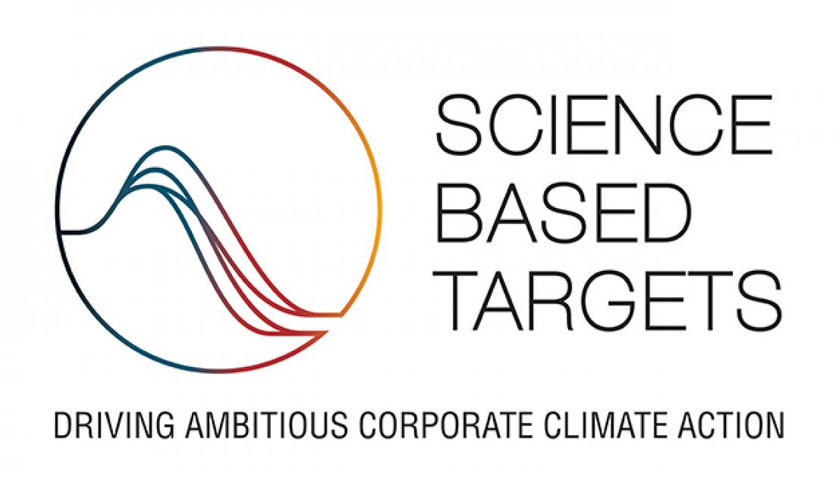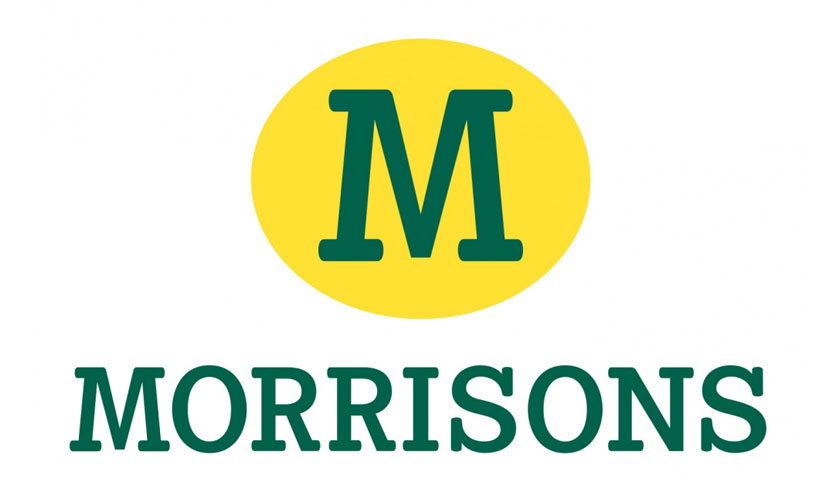The Science Based Targets initiative (SBTi) recently published an initial draft of its revised Corporate Net-Zero Standard for public consultation.
The draft standard sets out a science-based, innovative and pragmatic framework that enables more businesses worldwide to join the 3,000 with net-zero targets or which have committed to set them. It is informed by the latest climate science, regulation, and recognized standards and frameworks, as well as feedback from businesses about what they need to achieve the collective ambition of a net-zero future.
Through public consultation, the SBTi is empowering businesses and other stakeholders to feed back on the proposals, ensuring that the standard remains both rigorous and practical. Key areas of proposed revision include:
Focus on action – the draft standard splits out scope 1 and scope 2 emissions to reflect the unique challenges decarbonizing each of these categories. Proposals include a commitment to move to low-carbon electricity no later than 2040.
New options for tackling scope 3 emissions reductions – the area over half of businesses surveyed by the SBTi cited as the most significant challenge in net-zero target setting. The draft standard proposes increased flexibility through options to set targets for green procurement and revenue generation, instead of setting an emissions reduction target. In focusing on direct suppliers and/or those in emissions-intensive sectors to align with net-zero, this proposal intends to focus action in the most emission-intensive activities and those where companies have the highest influence.
Opportunities to scale carbon removals and mobilize climate finance above and beyond the requirement for the direct decarbonization to meet emissions reduction targets – the draft standard sets out options for consideration to address unabated and residual emissions. This includes looking at formally recognizing companies which are investing in Beyond Value Chain Mitigation (BVCM) and the introduction of interim carbon removal targets.
Tracking and communicating progress against targets – the draft standard introduces an assessment and communication of progress against targets requirement, to enhance accountability and recognize companies leading on decarbonization.
Simplified requirements for medium-sized companies in developing markets and SMEs – through the introduction of streamlined requirements reflective of capabilities and resources, providing a springboard for universal voluntary corporate climate action.
To ensure a smooth transition from the SBTi’s existing Corporate Net-Zero Standard (V1.2) and Near-Term Criteria (V5.2), a comprehensive transition pathway will be developed. Recognizing the need for urgent climate action, this will ensure that companies continue to feel confident setting targets using the current standard while the development process for V2 continues.
The public consultation will run from Tuesday 18 March – Sunday 1 June, with stakeholders able to find more information in the SBTi’s Consultation Guide or through the associated webinar. Combined with feedback from expert working groups and pilot testing, public consultation input will be critical in ensuring the final standard is as effective as possible.

